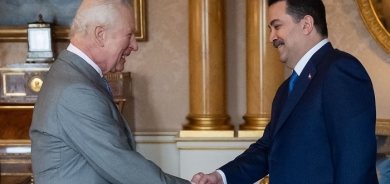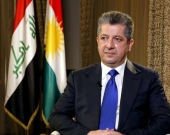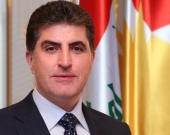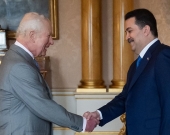Nawaz Sharif's party wins majority of seats in Pakistan elections

Sharif, who was the contest's front-runner, is the head of the Muslim League-N, which was leading in 114 constituencies out of 272, partial and initial results showed.
Sharif was Pakistan's prime minister from 1990 to 1993 before he was sacked for corruption, and again from 1997 to 1999, when he was overthrown by the country's military.
He also won the constituency seat from Sargodha, in Punjab province, where his party has a strong following.
Speaking from the balcony of the PMLN Secretariat in Lahore, Sharif said his party had garnered the most votes and was praying for an "outright majority," Newsweek Pakistan reported:
Results are still coming in, but this much is confirmed we're the single largest party so far, says Nawaz Sharif.
Please pray that by morning we're in a position we don't need the crutch of coalition partners, says Nawaz Sharif.
Please pray, says Nawaz Sharif, for PMLN to win "an absolute majority" by morning. We will serve God, he says.
"I appeal for all parties to come to the table and sit with me and solve the country's problems," Sharif said in his speech, Agence France-Presse reported. "I'm doing this only because of you. If it had been only myself, I would not talk to them but it's for you and for the survival of your future generations."
Popular rival and ex-cricketer Imran Khan's Pakistan Tehreek-e-Insaf (PTI) party was ahead in 38 constituencies, while the ruling Pakistan Peoples Party (PPP) had 33 seats.
Khan also defeated a powerful incumbent in Peshawar, Channel News Asia reported, and could possibly become a powerful opposition leader.
At Sharif's PML-N headquarters in Lahore, 300 to 400 of his supporters were watching the early results stream in.
"Let the election results come and you will see that we will have enough votes to form the government with a simple majority. It's already quite clear," said Rana Sanaullah, a PML-N leader, Reuters reported.
"We're really enjoying this moment — people are very much happy about the chance to have change," said Lahore resident Rashid Saleem Butt.
Pakistan's next government faces rising corruption, a strong Taliban militancy, and a crumbling infrastructure where the power is frequently cut. High on the list of priorities is negotiations with the International Monetary Fund for a multi-billion-dollar bailout, Reuters reported.
GlobalPost












